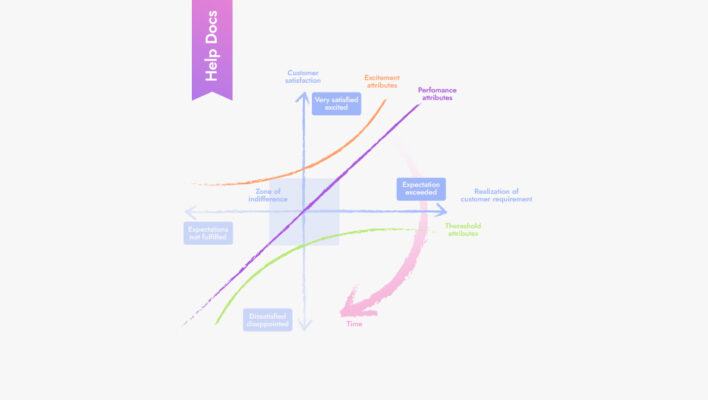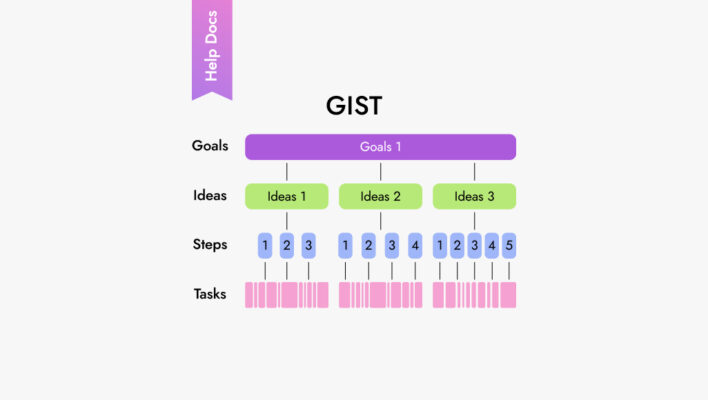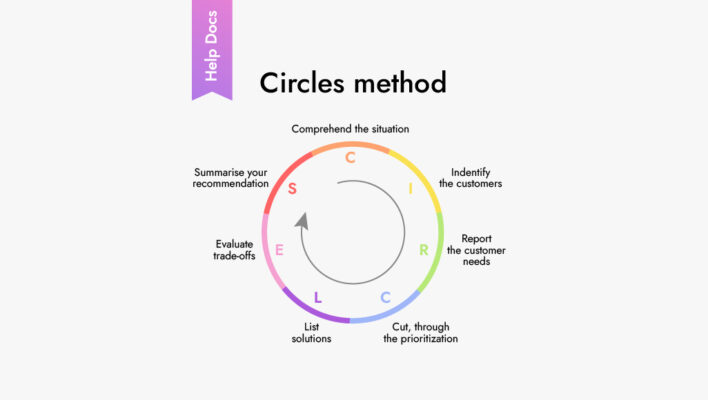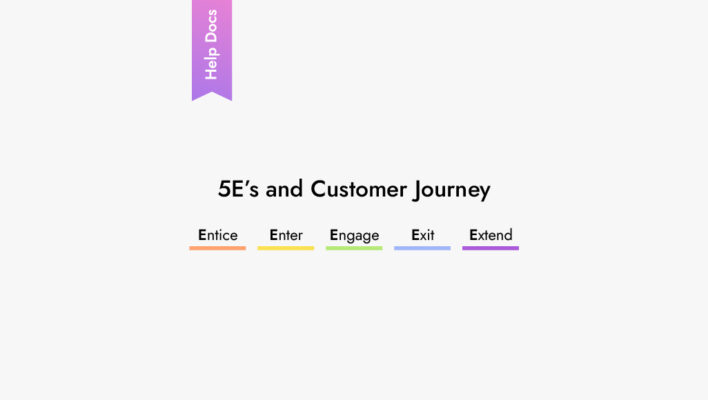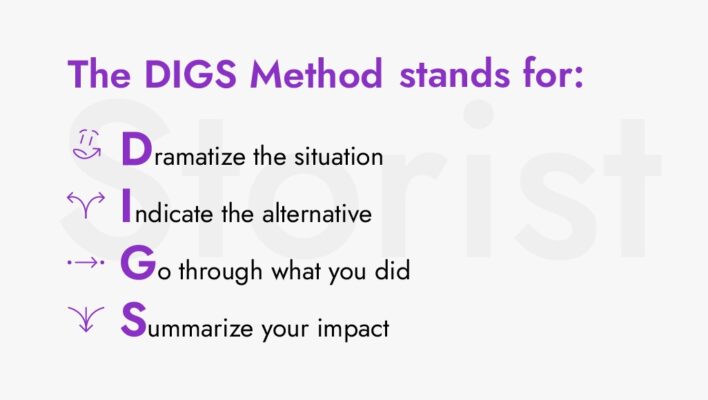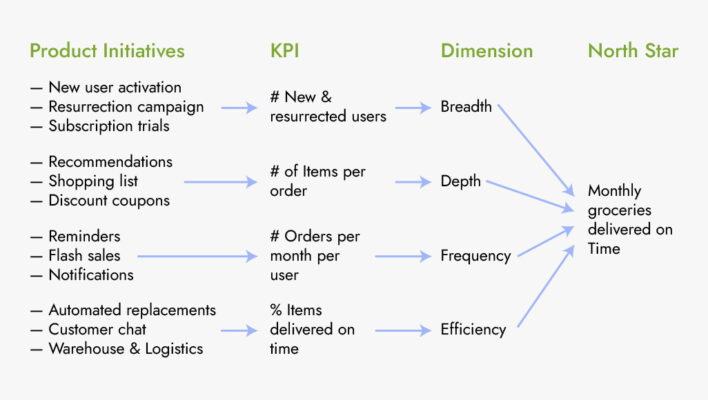4 Fundamental Principles of Successful Negotiations That Never Get Old
Effective negotiating is a critical skill in the world of business. Whether you are closing a deal, resolving conflicts, or managing partnerships, the ability to negotiate effectively can significantly impact your success. While the art of negotiation may evolve, fundamental principles remain timeless and can guide you towards achieving the desired results. In this article you will explore those four basic ever relevant principles .

Preparation: The Key to Success
Preparation is the cornerstone of effective negotiations. Before entering any negotiation, gather as much information as possible about the other party involved in the process. This includes understanding their interests and desired outcomes. By knowing their needs and motivations, you can adjust your approach and increase the chances of finding a win-win solution.
Gavin Kennedy, a Scottish economist and founder of consulting company Negotiate, provides valuable advice on preparation for a successful negotiation process in his book “Everything is Negotiable.”
Some key pieces of advice he gives include:
- Research and Gather Information. Kennedy emphasizes the importance of conducting thorough research and gathering data before the process. This enables you to understand the other side’s perspective, identify potential areas of agreement, and anticipate their possible objections or concerns.
- Set Clear Objectives. Kennedy advises to clearly define your objectives and priorities. By understanding your goals, you can focus your efforts, make strategic decisions, and effectively communicate your goals to the other party.
- Identify Potential Trade-Offs. Kennedy highlights the significance of identifying potential trade-offs before entering negotiations. By understanding the concessions you are willing to make and those you expect from the other party, you can create a more flexible and collaborative atmosphere, increasing the chances of reaching mutually beneficial agreements.
- Practice and Role-Play. In order to enhance negotiation skills, Kennedy recommends practicing and role-playing different negotiation scenarios. This allows you to anticipate challenges, refine your communication techniques, and build confidence in navigating negotiations effectively.
Learn more about negotiation techniques and tactics to help you navigate different scenarios with an interactive book summary from Storist.

Develop a Strategy: Getting to Yes
Once you have gathered the necessary information, it is time to develop a clear negotiation strategy. The well-defined strategy will guide you through the process with purpose and focus, ensuring you stay on track and make informed decisions.William Ury is an American author, negotiation expert, and the co-founder of Harvard Program on Negotiation. Ury has spent decades as a mediator, consultant, and educator, helping individuals and organizations navigate challenging negotiations and find mutually beneficial solutions. In his book “Getting to Yes” Ury introduces the concept of principled negotiation, which focuses on finding mutually beneficial agreements while preserving relationships.

These principles include:
Separate People from the Problem. Focusing on addressing the problem rather than attacking individuals develops a productive dialogue and maintains positive relationships a lot easier.
Focus on Interests, Not Positions. Dig deeper to identify all parties’ underlying interests and needs. If you understand the motivations and concerns behind each position, you can seek creative solutions that meet the interests of all parties and generate mutually beneficial outcomes.
Generate Options for Mutual Gain. Use the brainstorming process to explore a wide range of possible solutions that can satisfy the interests of both sides. Expanding the pool of options increases the likelihood of innovative and mutually beneficial agreements.
Insist on Using Objective Criteria. Instead of relying solely on personal judgments or biases, you should refer to commonly accepted standards, market values, or established precedents. This approach of promoting fairness and transparency will make sure that the decisions are based on widely recognized and objective measures.Develop a BATNA. A solid BATNA (Best Alternative to a Negotiated Agreement) strengthens your position and provides negotiation leverage. To determine your BATNA, consider alternatives that provide some of the value you aim to gain from the negotiation.

Effective Communication: Choose Words Wisely
Communication lies at the heart of successful negotiations. Your choice of words, tone, and nonverbal cues can significantly impact the negotiation process and its outcomes. Communicating in a clear, concise, and respectful way is essential to ensure mutual understanding and avoid any misinterpretations
Maintaining open and honest communication is particularly important when discussing challenging or sensitive topics. Creating a safe space where both parties feel comfortable expressing their opinions and concerns is crucial in such situations. This fosters trust and stimulates the exploration of potential solutions.
Moreover, managing emotions effectively plays a vital role in communication during negotiations. Emotions can cloud judgment and hinder rational decision-making. Maintaining a calm and composed demeanor allows you to navigate the negotiation process with greater clarity and focus.
Learn from Experience: Continuous Improvement
Make it a habit to conduct a brief retrospective after each negotiation you engage in. Take a step back and reflect on the experience. Reflection is an essential practice in the world of negotiations. It involves examining your experiences in order to identify what went well and what didn’t, understanding the reasons behind the outcomes, and assessing your emotional response to the results.
Negotiations are unique and influenced by various factors like the context, individuals involved, and their attitudes, emotions, and alternatives. By reflecting on your negotiations, you can gain insights into your strengths and weaknesses as a negotiator, giving yourself an opportunity to learn and improve.
Negotiation is an ongoing learning journey, and each one offers a chance for growth. Through reflection, you can pinpoint areas that require development and refine your negotiation strategies, ensuring continuous progress and better outcomes in future negotiations.
Join Storist today and take your soft skills to the next level faster. Spend just 10 minutes a day in Storist soft-skills trainer and improve creativity, communication, leadership, business negotiation, and other skills with the help of the best business books. Get a personalized reading and learning plan for free.


